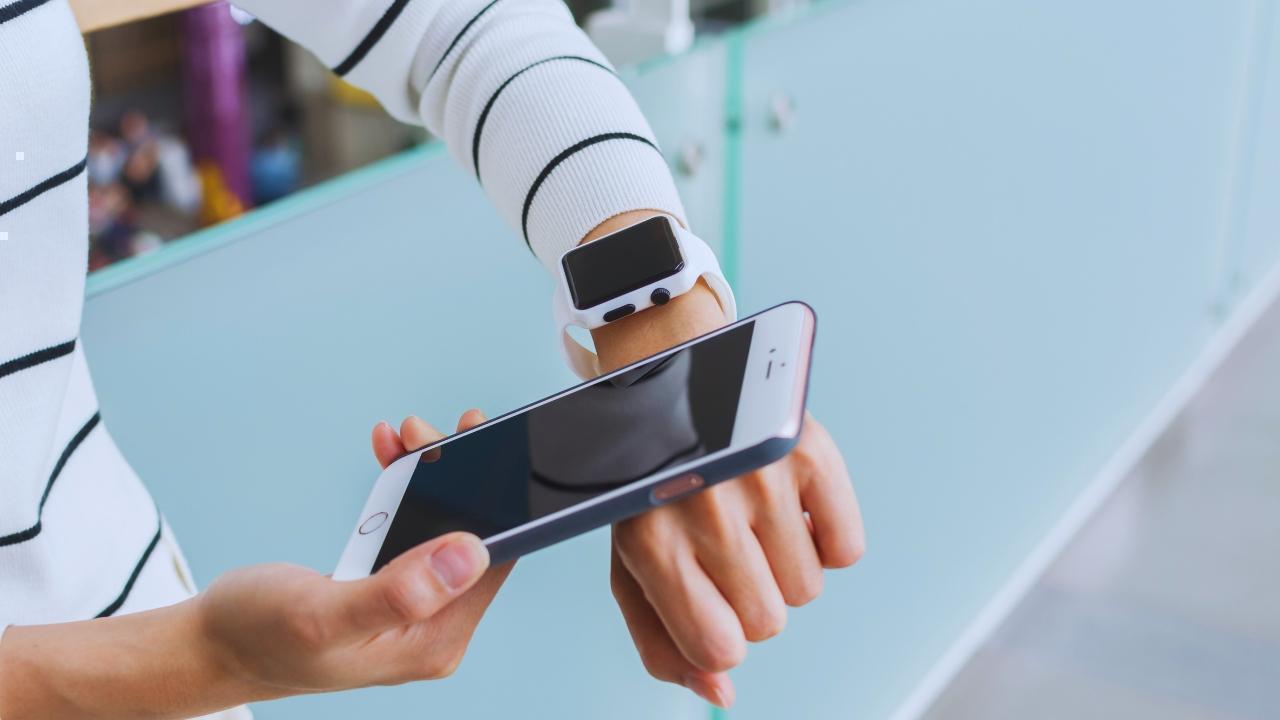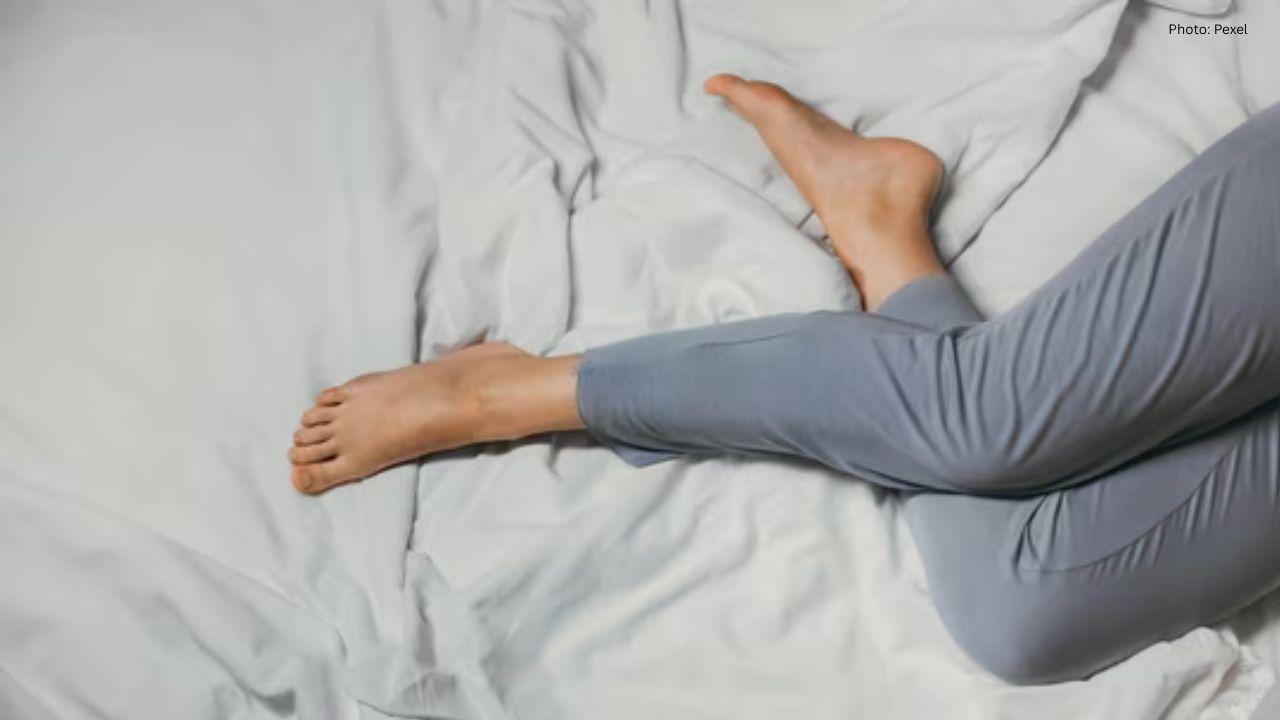You have not yet added any article to your bookmarks!

Join 10k+ people to get notified about new posts, news and tips.
Do not worry we don't spam!

Post by : Anis Farhan
A decade ago, watches were mostly about telling time. Today, they monitor heart rates, track sleep cycles, count steps, and even detect irregular heart rhythms. Wearable gadgets—fitness bands, smartwatches, health rings—are now marketed as essential tools for living a better life. Millions of people worldwide wear them daily, believing these devices are helping them stay healthier. But the big question remains: do wearables actually make us healthier, or do they simply measure our habits without changing them?
Wearable technology is designed with one core goal—to empower individuals with real-time data about their bodies. The promises are compelling:
Early detection of health risks: Devices can alert wearers to abnormal heartbeats or oxygen levels.
Fitness motivation: Step counts, calorie trackers, and workout reminders push users to move more.
Improved sleep quality: Smart bands analyze sleep cycles, helping users identify habits that affect rest.
Personal accountability: Numbers and charts offer measurable proof of daily progress.
For many people, these gadgets act like a personal coach, nudging them toward healthier routines.
While wearables provide data, the real impact depends on how people use that information. A fitness tracker showing 5,000 steps doesn’t automatically mean someone is healthier—it only highlights activity levels. The actual health improvement comes when the wearer acts on the insights.
Many users start with excitement but eventually stop paying attention to the data. Studies show that after a few months, a large portion of people abandon their devices or use them casually without serious lifestyle changes. In such cases, the gadget ends up as a tracking tool, not a true health improver.
Not all wearable devices are created equal. Some deliver highly accurate results; others struggle with reliability. Step counters may misread arm movements, sleep trackers might misclassify restlessness as sleep, and calorie estimates are often rough guesses.
For medical decisions, accuracy is critical. While wearables can provide early warnings, doctors still rely on professional tests. The danger is that users may over-trust their devices or ignore symptoms because the gadget shows “normal” readings.
Despite limitations, wearables have shown positive results in specific areas:
Encouraging activity: Many users report walking more and sitting less because of step reminders.
Supporting weight loss: Tracking calories and exercise creates accountability for those trying to shed pounds.
Detecting irregularities: Some smartwatches have alerted users to atrial fibrillation (AFib), leading to timely medical intervention.
Building habits: Consistent reminders help people drink water, stretch, or get up from long sitting sessions.
In these ways, wearable gadgets do contribute to healthier lifestyles—when combined with discipline and awareness.
There’s another layer to the debate: how tracking affects the mind. For some, constant monitoring creates motivation. For others, it breeds stress or obsession. People may feel guilty if they don’t hit their step target or become anxious about sleep quality when the device shows poor results.
This “data anxiety” can harm mental health, turning a tool meant to improve well-being into a source of pressure. Balance, therefore, is essential. Wearables should guide, not control, daily choices.
Beyond personal health, wearable devices raise privacy concerns. These gadgets collect intimate details—heart rates, activity patterns, location data. In many cases, companies store and analyze this information. Users rarely know how their data is used, raising fears of misuse in areas like insurance, employment, or targeted advertising.
The health benefits of wearables must therefore be weighed against the risks of giving away sensitive data. Clearer regulations and transparency from tech companies are needed to ensure trust.
The technology is evolving rapidly. Future wearables may go beyond tracking to directly improve health:
Continuous glucose monitoring: Already used by diabetics, these devices could become mainstream for diet management.
Non-invasive blood pressure sensors: Helping detect hypertension without bulky cuffs.
Wearables with AI integration: Offering not just numbers but actionable health recommendations.
Preventive care tools: Devices that warn of dehydration, stress levels, or even early infections.
As innovation continues, wearables could shift from passive data recorders to proactive health partners.
The answer lies somewhere in between. Wearables alone don’t guarantee better health—they are tools, not cures. For motivated individuals, they can drive lifestyle improvements and even prevent serious conditions. For passive users, they may simply become expensive gadgets that collect data without change.
Ultimately, wearable devices are as effective as the people using them. They work best when paired with conscious choices, professional medical guidance, and realistic expectations.
Wearable gadgets are neither miracle cures nor useless toys. They sit in the middle—a bridge between awareness and action. They are powerful reminders that health is measurable, but improvement requires effort. The devices can nudge us in the right direction, but the real power lies not on our wrists but in our daily decisions.
This article is intended for general informational purposes only. It should not be considered medical advice. Readers are encouraged to consult healthcare professionals for personalized health guidance.










Rashmika Mandanna, Vijay Deverakonda Set to Marry on Feb 26
Rashmika Mandanna and Vijay Deverakonda are reportedly set to marry on February 26, 2026, in a priva

FIFA Stands by 2026 World Cup Ticket Prices Despite Fan Criticism
FIFA defends the high ticket prices for the 2026 World Cup, introducing a $60 tier to make matches m

Trump Claims He Ended India-Pakistan War, Faces Strong Denial
Donald Trump says he brokered the ceasefire between India and Pakistan and resolved eight wars, but

Two Telangana Women Die in California Road Accident, Families Seek Help
Two Telangana women pursuing Master's in the US died in a tragic California crash. Families urge gov

Ranveer Singh’s Dhurandhar Roars Past ₹1100 Cr Worldwide
Ranveer Singh’s Dhurandhar stays unstoppable in week four, crossing ₹1100 crore globally and overtak

Asian Stocks Surge as Dollar Dips, Silver Hits $80 Amid Rate Cut Hopes
Asian markets rally to six-week highs while silver breaks $80, driven by Federal Reserve rate cut ex